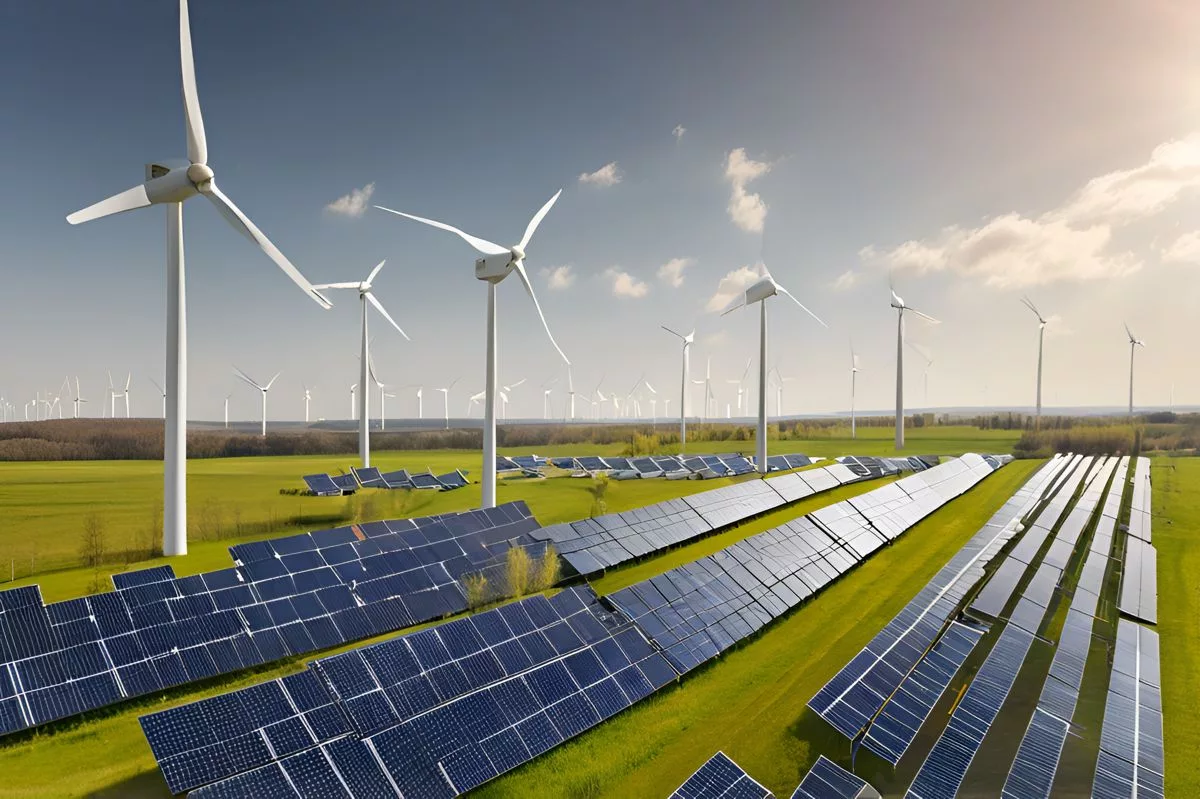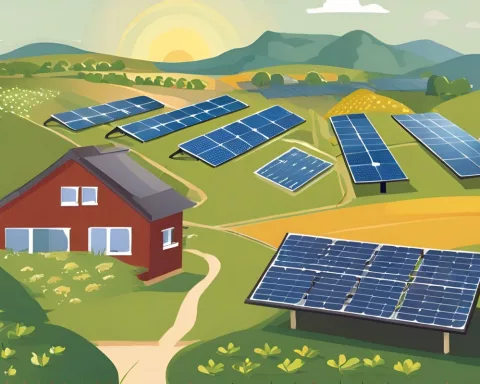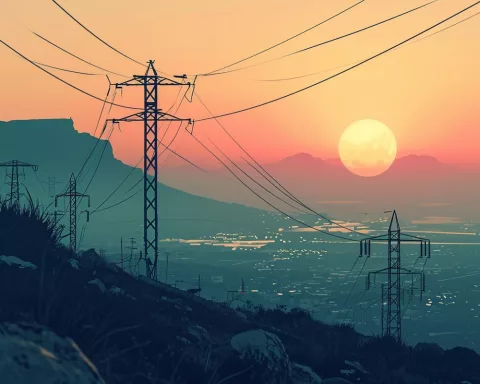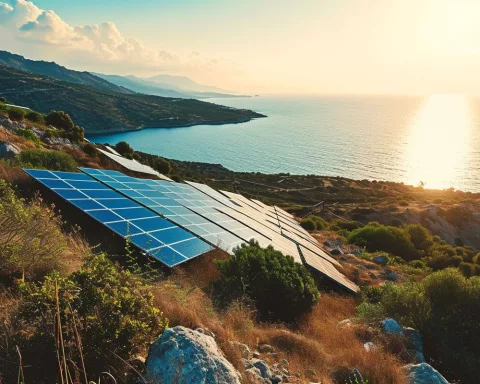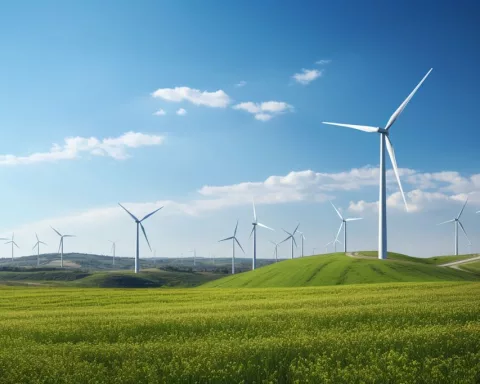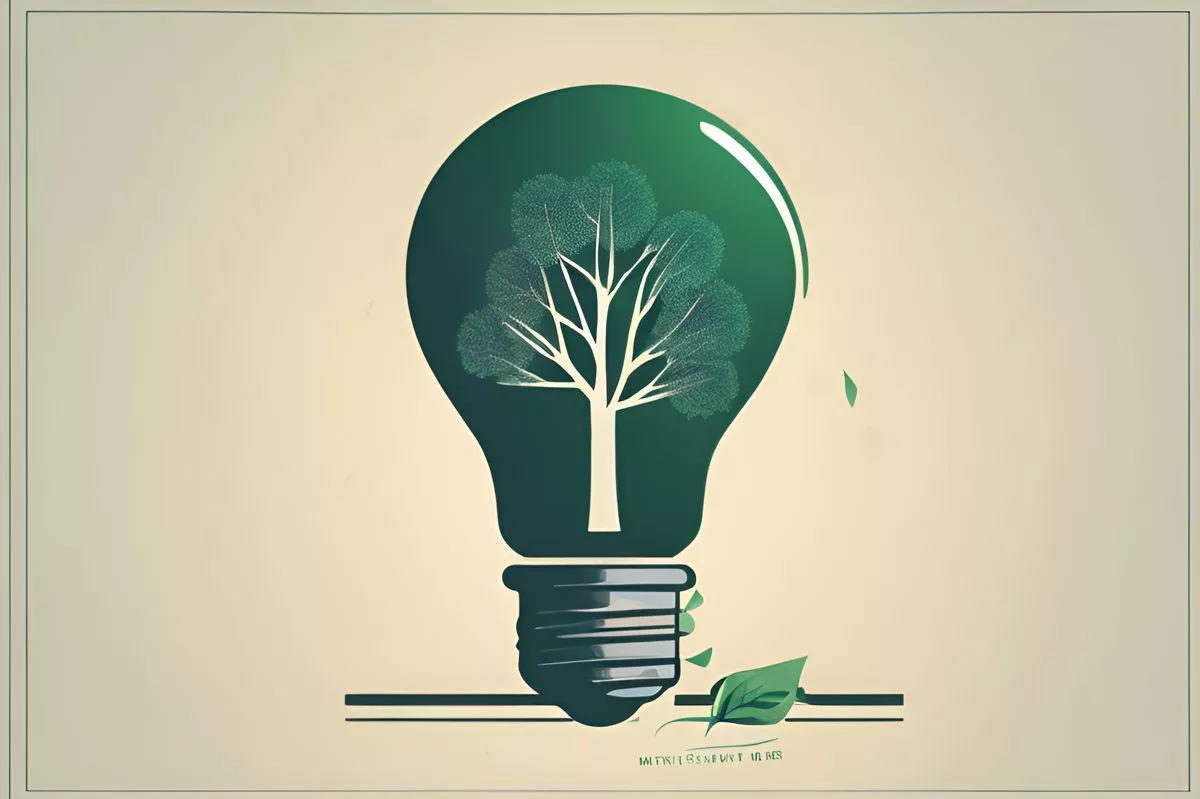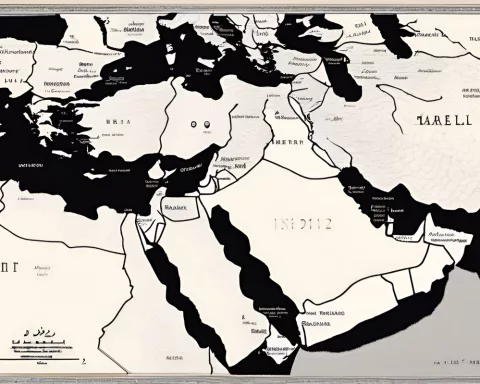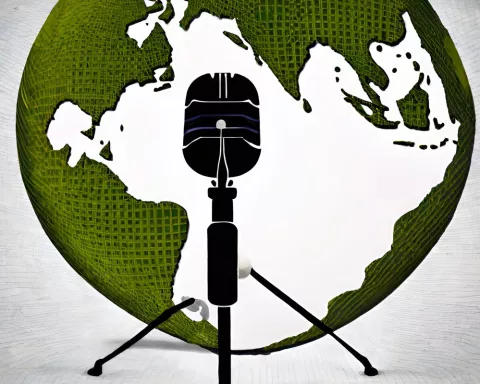South Africa is working hard to secure its energy future by upgrading and diversifying its infrastructure. This includes tapping into renewable resources, nurturing innovation, and building collaborations to stimulate economic growth and provide affordable energy. Recent advancements include bringing inactive units online, implementing the Standard Offer Programme, and investing in renewable energy and battery storage systems. The government is also planning to procure an additional 2,500 MW of new nuclear capacity and create an Independent Transmission Project Office to attract investment in transmission infrastructure. The focus is on empowering citizens and ensuring equitable access to energy.
How is South Africa securing its energy future?
South Africa is focusing on upgrading and diversifying its energy infrastructure by tapping into renewable resources, nurturing innovation, and building collaborations to stimulate inclusive economic growth and broaden the reach of dependable and affordable energy. Advancements in energy security include bringing inactive units online ahead of schedule, developing the Standard Offer Programme, and investing in renewable energy and battery storage systems. The government is also planning to start the procurement process of an additional 2,500 MW of new nuclear capacity and creating an Independent Transmission Project Office to attract up to R400 billion in transmission infrastructure investments over the next ten years.
A crucial element in the buoyancy of any country’s development and growth is energy. It stands as the cornerstone of industries, the catalyst for innovation, and the foundation of a thriving society. This article provides an in-depth look into the quest of South Africa for a reliable and sustainable energy landscape, a journey marked by tenacity and resilience, as encapsulated in the metaphor of Tintswalo.
The Resilience of Tintswalo: South Africa’s Energy Landscape
The President, in his recent State of the Nation Address, used Tintswalo as a meaningful metaphor to convey the lived experiences and progress that the nation has made over the past thirty years of democracy. South Africa’s route to achieving energy security, like Tintswalo, has encountered obstacles, uncertainties, and momentary regressions. But, just like the metaphor embodies the nation’s tenacity, it also sparks a determination to engage with the complexities of the political economy of energy provision.
South Africa finds itself at a crucial intersection, where the urgency to upgrade and diversify its energy infrastructure is paramount. The focus lies in tapping into the possibilities of renewable resources, nurturing innovation, and building collaborations. The goal is not simply to sustain energy supply but to stimulate inclusive economic growth and broaden the reach of dependable and affordable energy.
Advancements in Energy Security: Tangible Progress and Future Goals
The pursuit of energy security has made noticeable progress. As an immediate response to load shedding, Units 1-3 of Kusile, which had been inactive since October 2022, were brought online ahead of schedule. This has added a significant 3,200 MW of capacity into the grid through the four Kusile Units. Concurrently, the Standard Offer Programme, allowing providers to sell energy at a predetermined rate, has been successfully developed and implemented. By January 2024, 720 MW was contracted, further stabilizing the grid.
The termination of load shedding, a major point of concern for the nation, seems closer than ever. Demand-side strategies have produced remarkable outcomes, with South Africa’s installed rooftop solar PV capacity anticipated to sustain its rapid growth, thereby aiding in alleviating load shedding.
In the effort to enhance new generation capacity, the division of Eskom remains ongoing, with the Generation division playing a key role in ensuring the national utility stays at the heart of energy supply capability. Eskom is also planning to increase its investments in renewable energy and battery storage systems, further reinforcing the reliability of energy supply.
Nuclear Energy and Infrastructure Investments: Promising Avenues for Growth
The government is highlighting the central role of nuclear energy in the energy mix and plans to start the procurement process of an additional 2,500 MW of new nuclear capacity. Although these are long-term pursuits, they underline the need for ongoing strategic long-term planning to fortify the robustness of our energy infrastructure.
The complexities of the political economy of energy underline the significance of a sturdy energy infrastructure for driving economic growth and industrial competitiveness. In this regard, the Ministry of Electricity will spearhead the process of creating an Independent Transmission Project Office (ITPO) to fast-track procurement, planning, and financing for the upgrade, modernization, and expansion of the transmission infrastructure. This intervention aims to attract up to R400 billion in transmission infrastructure investments over the next ten years.
Empowering Citizens: Job Creation and Equitable Access
Alongside improving infrastructure, expanding energy resources also acts as a springboard for job creation. Strategic investments in energy and energy-intensive industries can open up new avenues for innovation, diversification, and value addition. By investing in a skilled workforce tailored to the needs of the energy sector, South Africa ensures the long-term viability of energy projects and equips its citizens with the necessary tools and knowledge to flourish in a rapidly evolving economy.
The march towards energy security should also concentrate on fair access and empowerment of historically marginalized and vulnerable communities. As we steer through this journey, let us heed the words of President Oliver Tambo, “The end is glorious; it is peaceful. The intervening period is dark and bitter and finds its glory in acts of struggle.”
The cessation of load shedding is within reach; a bright future awaits. As South Africa continues to plot its course towards energy security, remembering Tintswalo – the spirit of resilience and perseverance inspiring our collective journey, is crucial.
1. What is South Africa doing to secure its energy future?
South Africa is upgrading and diversifying its energy infrastructure by tapping into renewable resources, nurturing innovation, and building collaborations to stimulate inclusive economic growth and broaden the reach of dependable and affordable energy.
2. What advancements have been made in South Africa’s energy security?
Recent advancements include bringing inactive units online ahead of schedule, implementing the Standard Offer Programme, and investing in renewable energy and battery storage systems. Additionally, the government is planning to procure an additional 2,500 MW of new nuclear capacity and create an Independent Transmission Project Office to attract investment in transmission infrastructure.
3. What is the Standard Offer Programme in South Africa?
The Standard Offer Programme allows energy providers to sell energy at a predetermined rate and has been successfully developed and implemented in South Africa. By January 2024, 720 MW was contracted, further stabilizing the grid.
4. What is the government’s plan for nuclear energy in South Africa?
The government plans to start the procurement process of an additional 2,500 MW of new nuclear capacity as part of its long-term pursuit of energy security.
5. How is South Africa empowering its citizens in regards to energy?
Strategic investments in energy and energy-intensive industries can open up new avenues for innovation, diversification, and value addition, leading to job creation. By investing in a skilled workforce tailored to the needs of the energy sector, South Africa ensures the long-term viability of energy projects and equips its citizens with the necessary tools and knowledge to flourish in a rapidly evolving economy.
6. What is the Independent Transmission Project Office in South Africa?
The Ministry of Electricity will spearhead the process of creating an Independent Transmission Project Office to fast-track procurement, planning, and financing for the upgrade, modernization, and expansion of the transmission infrastructure. This intervention aims to attract up to R400 billion in transmission infrastructure investments over the next ten years.

